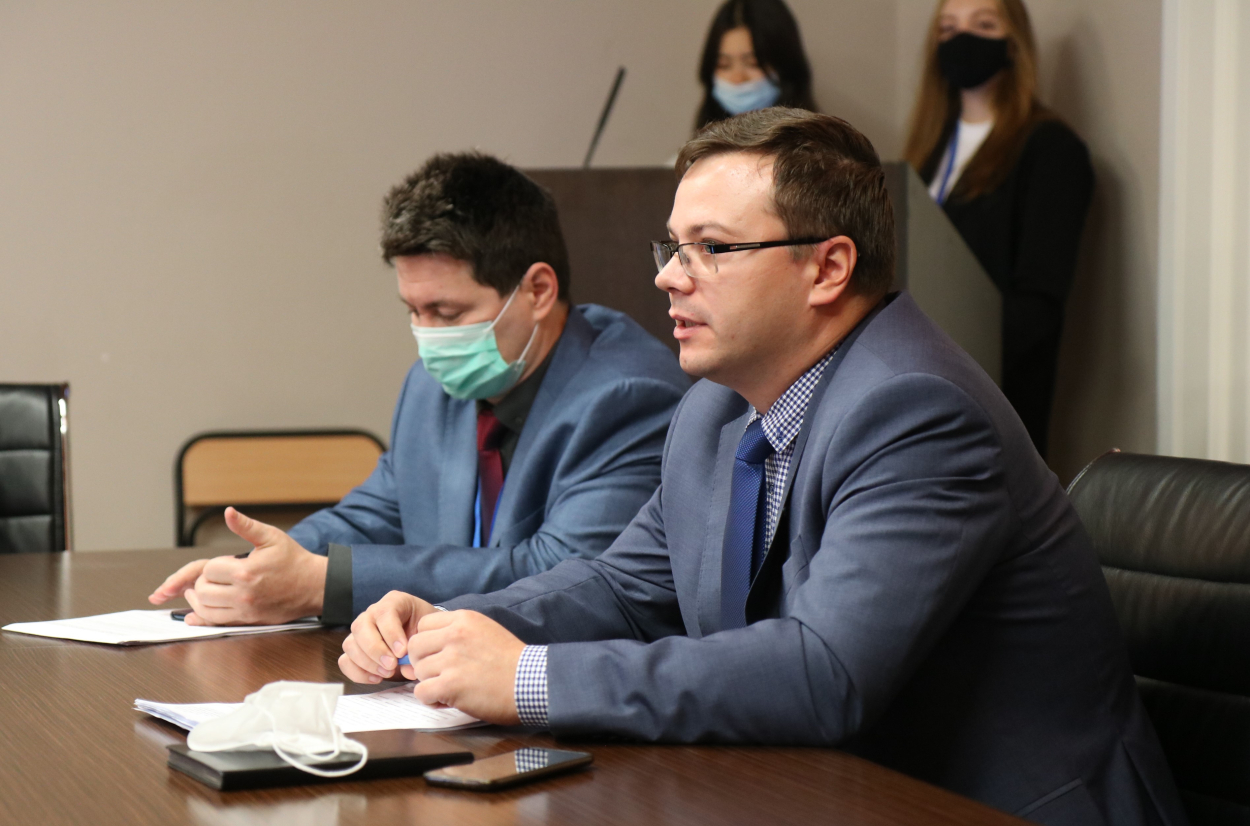Mikhail Malkov: ‘BRICS takes steps in building a centre for vaccine research and synthesis’

BRICS — the cross-country alliance — is undertaking efforts to institute a centre for the research and synthesis of vaccines. The organisation has also initiated the establishment of a comprehensive infrastructure of early recognition, reporting, and management of emerging infectious diseases. Among others, these were the concepts pointed out by Mikhail Malkov during the 5th International Forum ‘Russia and Ibero-America in a Globalizing World: History and Modernity’ held at St Petersburg University. Mr Malkov is Head of the BRICS Office of the Foreign Policy Planning Department of Russia’s Ministry of Foreign Affairs.
One of the key objectives of the alliance is to facilitate interstate partnerships in their joint response to the global challenges and ensure support to as many citizens as possible. These concepts are of the utmost concern in the periods of disasters humanity encounters.
‘We are taking joint steps to develop strategies in confronting such challenges as the pandemic. Today, the BRICS alliance is arranging activities to institute a research centre for vaccine synthesis. It has spearheaded initiatives to establish a comprehensive infrastructure for early recognition, reporting, and managing the risks during massive outbreaks of emerging infectious diseases’, emphasised Mr Malkov.
Established in 2006, BRICS is an alliance of five states: Brazil, Russia, India, China, and South Africa. The scope of the alliance’s competencies includes issues on international politics, security, economics, and partnerships for rendering humanitarian aid. The BRICS activity, except military, expands to nearly all spheres of interstate cooperation.
As Mr Malkov put it, the BRICS alliance has gone along the ‘long and winding road’ for the last 15 years. It has transformed from a backwater platform of presenting visions on the international agenda to the recognised tribune from where sustainable mechanisms of strategic cooperation are being proliferated.
‘BRICS member states, while debating on the tasks of cross-country interaction, always consider the best interests of all the members. They consistently advocate for the principles of the international law and sovereignty of states. Today, it is impossible to tackle the world order issues ignoring the role of BRICS. Economic capacity of the states constituting the five is ever-growing despite the pandemic,’ said Mr Malkov.
Also, he pointed out that, today, the alliance is the significant structural element of all institutions of the renewed world order. It is the legitimate interests of all the members of the international community that have to be respected. The wealth of exceptional nations should merely no longer be the focal point of international attention. ’We are coveting for promoting a positive uniting agenda and acting in the best interests of the entire humanity. These are the distinguished directions of the BRICS joint endeavours,’ summed up Mr Malkov.
One of the key objectives of the alliance is to facilitate interstate partnerships in their joint response to the global challenges and ensure support to as many citizens as possible. These concepts are of the utmost concern in the period of disaster humanity encounters.
Importantly, St Petersburg University is currently implementing the master’s programme ’BRICS Studies’. It is the first ever-launched degree programme aimed to train highly qualified professionals to perform in the domain of BRICS member-countries partnerships. The programme focuses on the study of both the union of the five countries and each country individually.

